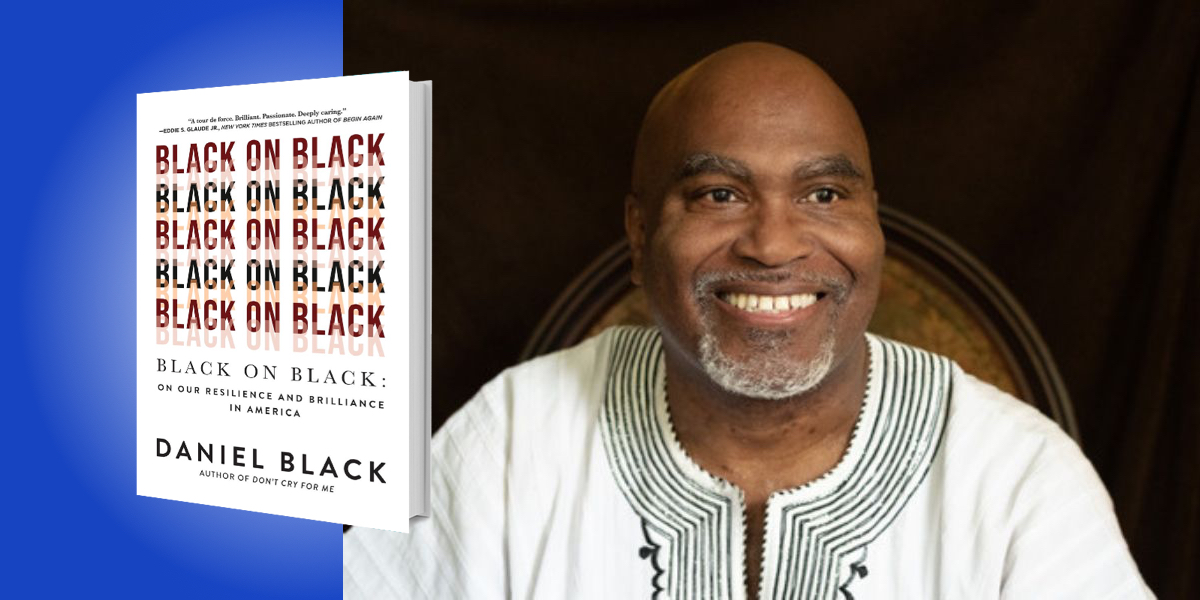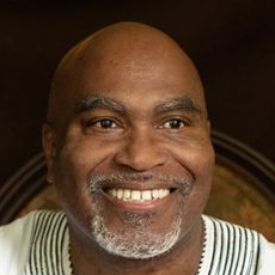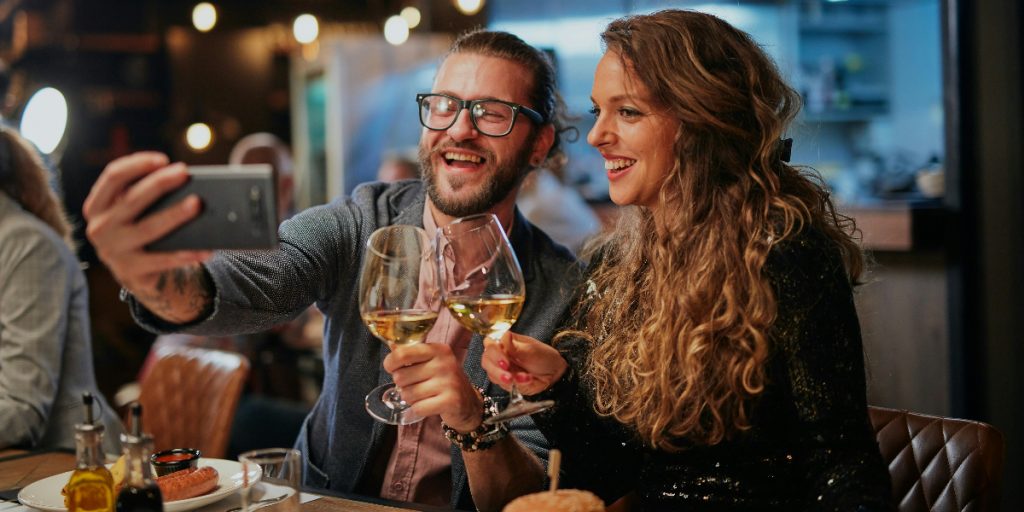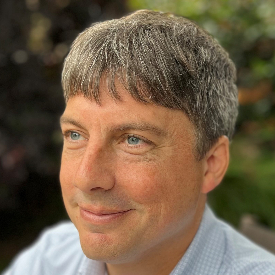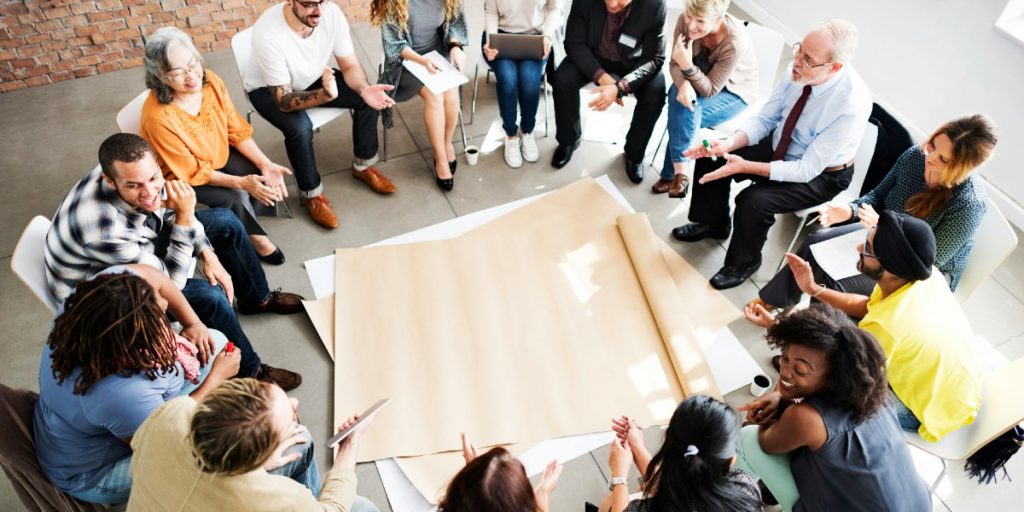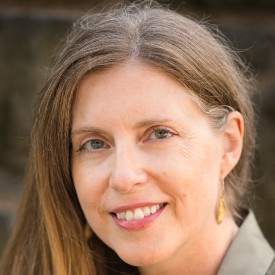Daniel Black is an author and professor of African American studies at Clark Atlanta University. His books include The Coming, Perfect Peace, and They Tell Me of a Home. He is the winner of the Distinguished Writer Award from the Middle-Atlantic Writer’s Association and has been nominated for the Townsend Prize for Fiction, the Ernest J. Gaines Award, and the Georgia Author of the Year Award.
Below, Daniel shares 5 key insights from his new book, Black on Black: On Our Resilience and Brilliance in America. Listen to the audio version—read by Daniel himself—in the Next Big Idea App.
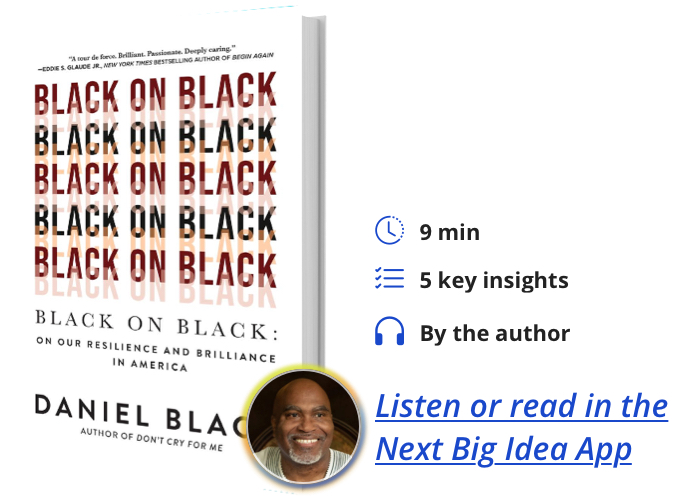
1. “Black excellence” is redundant.
Black people have always participated in excellence. Even slavery didn’t destroy Black people’s excellence. We simply demonstrate it in new ways. For instance, how funny that out of human bondage came some of the greatest music of all times. Blues, jazz, and gospel were all birthed precisely because Black people toiled and suffered and survived under the greatest oppressions. Black children went to school and achieved even when teachers didn’t believe Black minds possessed intellectual capacity. Excellence is simply part of Black inheritance in this country.
2. We need Black institutions like the church and HBCUs.
HCBUs (historically black colleges and universities) have produced some of the most remarkable, irreplaceable people of this land: Fisk University educated W.E.B. DuBois, the greatest scholar of the 20th century; Morehouse College educated Martin Luther King, Jr., the world-transformer and greatest social activist of the modern age; Clark Atlanta University educated Marva Collins, the renowned Chicago educator and founder of Westside Prep who proved that poor, inner-city Black children could indeed learn and thrive under the most adverse conditions; Toni Morrison, who won the Nobel Prize in Literature in 1993, graduated from Howard University; Florida A&M’s Althea Gibson reigns as the first Black tennis player to wear the Wimbledon crown. These and thousands of others would never have enjoyed higher education had it not been for Black colleges.
“It fortified me with self-knowledge sufficient to change the world if I wanted to.”
These institutions are still producing some of the greatest minds and scholarship of this age. I was a Clark College graduate in 1988, and the experience changed my life forever. I learned about Blacks in science, literature, mathematics, mass communications, and politics. I learned about the Middle Passage and the Harlem Renaissance. I learned about Black operas like Porgy and Bess, and I learned the difference between chattel slavery and serfdom. I read books such as Chinua Achebe’s Things Fall Apart and Paule Marshall’s The Chosen Place, The Timeless People. Clark College prepared me to enter a hostile world without believing I was inferior. It fortified me with self-knowledge sufficient to change the world if I wanted to. I wouldn’t trade those years for all of eternity.
3. Too much Black hope is ensconced in Black versions of white supremacy.
Far too often, Black people measure our contemporary desires in terms reminiscent of those who once despised us. Rap music, for instance, often speaks of the love of money to the point of it being a cultural obsession. From Eric B and Rakim’s “Paid in Full” to “Hustlin’” by Rick Ross, Black youth seem fixated on the idea that cash rules all, and that it will cure Black social ills. Also, Black people’s use of the term “nigga” is not only disturbing but downright insulting. To call ourselves what slave owners once called us is sign that more emotional and psychological healing work needs to be done in the Black community.
4. Black LGBTQ individuals are still too marginal to the Black community.
Many Black people (and many Americans period) don’t know the names Marsha P. Johnson, Bayard Rustin, Mandy Carter, Janet Mock, or Tracy Chapman. Even James Baldwin is praised without understanding how his queer identity sets the stage for his unmatched brilliance and literary legacy. In fact, I argue that scholars today are reading and discussing Baldwin’s work while ducking anything that has to do with his sexual orientation. This is offensive, and avoids the fullest truth of who he was and how he came to be.
5. Black self-love is the answer to Black oppression.
I contend, quite frankly, that if white supremacy never shifts, Black self-love will be enough to free Black people. What we think of ourselves, what we know about ourselves, how we honor ourselves and our ancestors—this is the secret to what we shall become and what our children shall think of themselves in the future.
Ava DuVernay’s transformative series “When They See Us” shows explicitly the power of getting our story right and displaying it to the world, regardless of the consequences. We need more movies like Harriett, Emancipation, and Hidden Figures, Black stories that illustrate the resilience and determination of a mighty, displaced people. We need more Black public honesty, even if people get tired of hearing it. We writers, we artists, can’t get tired of telling it.
To listen to the audio version read by author Daniel Black, download the Next Big Idea App today:












